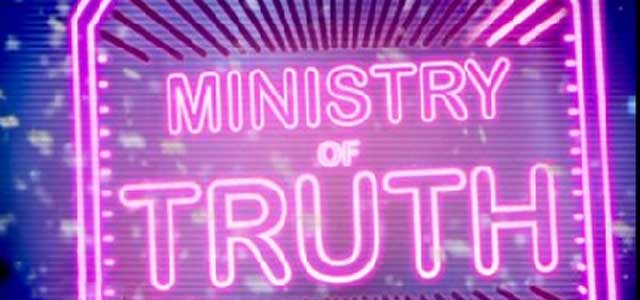The following censorship instructions, issued to the media by government authorities, have been leaked and distributed online. The name of the issuing body has been omitted to protect the source.
Regarding the explosion in Zhangjiakou, Hebei, base reports strictly on authoritative information from the relevant parties. Do not speculate on the cause of the accident, and do not relate it to similar incidents. (November 27, 2018) [Chinese]
Twenty-two people were killed and 22 more injured when a supply truck exploded at the Hebei Shenghua Chemical Co plant in Zhangjiakou on Wednesday. Locals were told to stay away from the site to avoid obstructing emergency response.
Censorship orders are a routine part of the “handling” process for “sudden incidents,” an official designation including accidents, natural disasters, and public protests. Historian Jeremy Brown discussed official reactions to these events at length in a 2017 interview with CDT. The above instructions are common after industrial explosions. Media workers may also be ordered to refrain more broadly from independent reporting or analysis, refrain from privately sharing information on social media, downplay coverage using placement on websites, root out negative or politically critical responses, or refrain from using live broadcasts or close-up or graphic images.









